Featured Travel Playbooks
See More
Tracks MAGAZINE
O‘ahu with Ryder Guest
In a partnership with Tracks magazine, we caught up with pro surfer Ryder Guest to get his top personal recommendations for North Shore O'ahu.
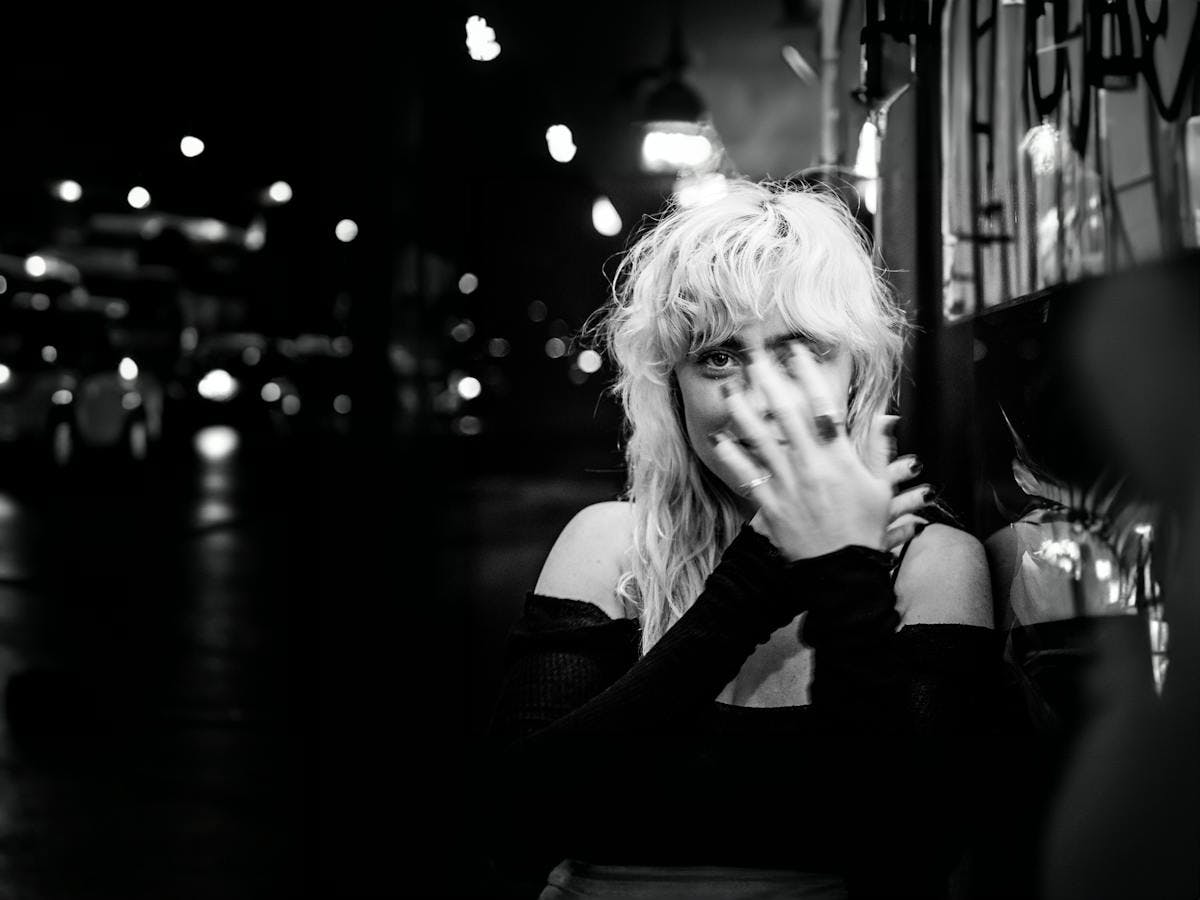
Ny OH
Los Angeles with Ny Oh
UK-born, NZ artist and multi-instrumentalist Naomi Ludlow, better known as Ny Oh, has spent years on the road, both solo and as Harry Styles’ guitarist.
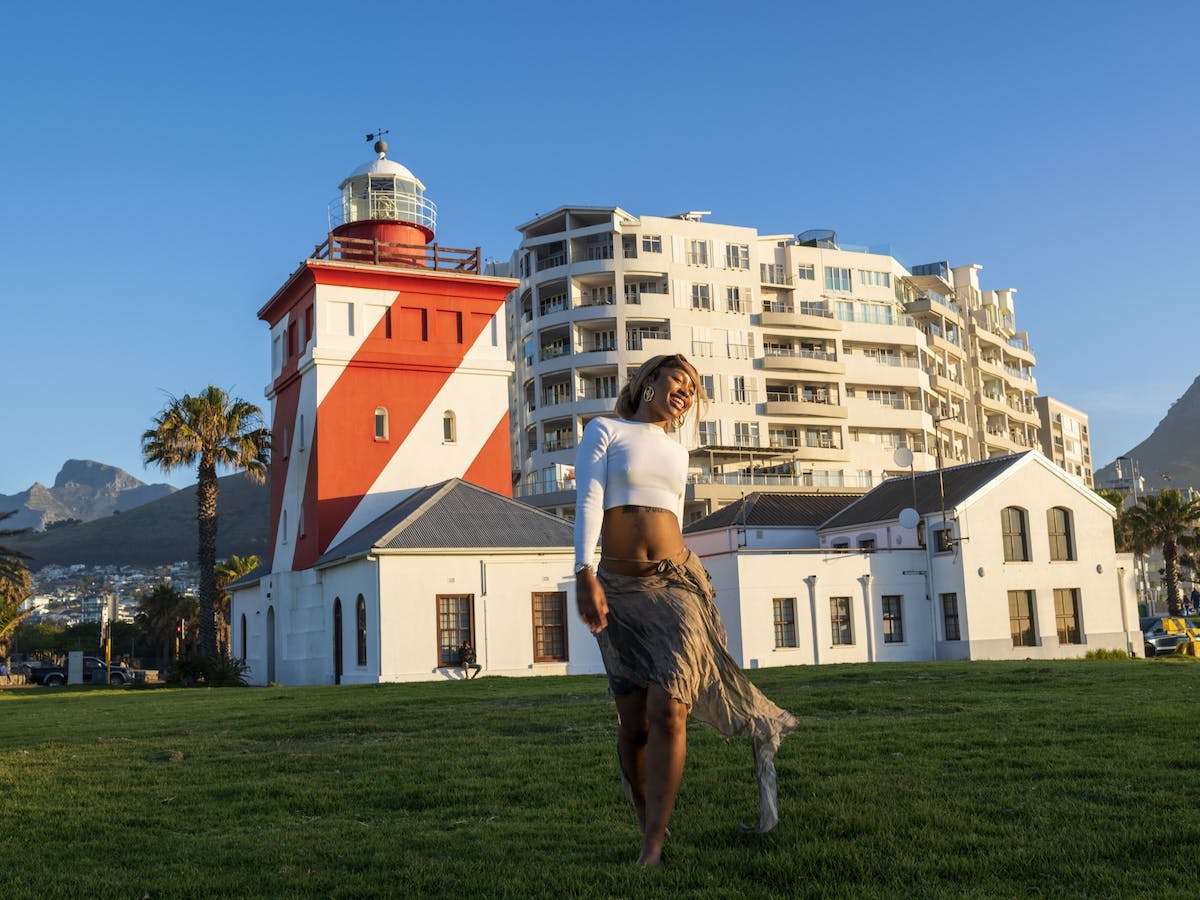
Uncle WAFFLES
Cape Town with Uncle Waffles
Uncle Waffles is one of South Africa’s biggest new stars. Listen to the DJ’s distinctive high-energy amapiano sound, and it’s easy to understand why.

Mick FANNING
Jeffreys Bay with Mick Fanning
Renowned surfer Mick Fanning has won three world championships and is a successful entrepreneur who's been part of ventures including Balter Brewing and FS8.
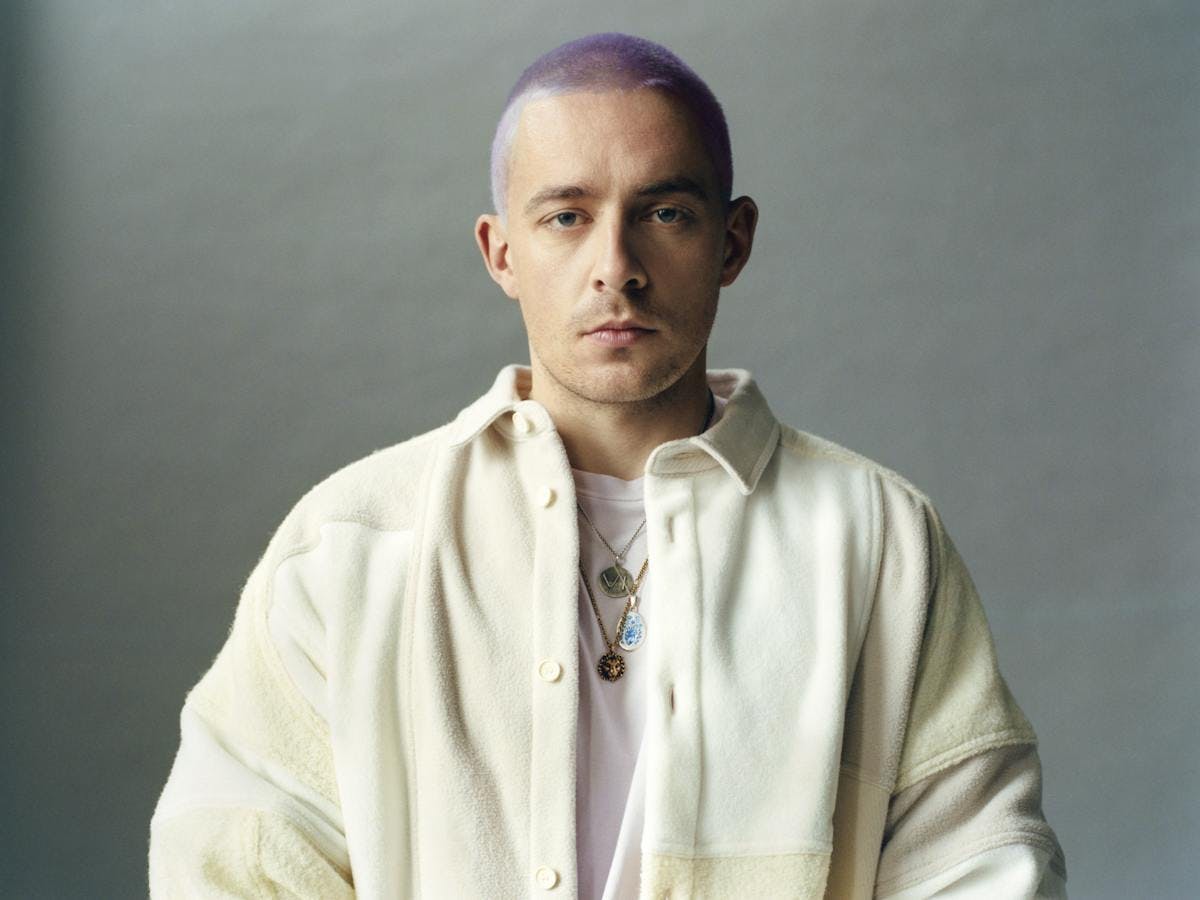
Dermot KENNEDY
Dublin with Dermot Kennedy
Irish star Dermot Kennedy started busking on the streets of Dublin and is now a platinum-selling artist, boasting a BRIT nomination and a chart-topping album.
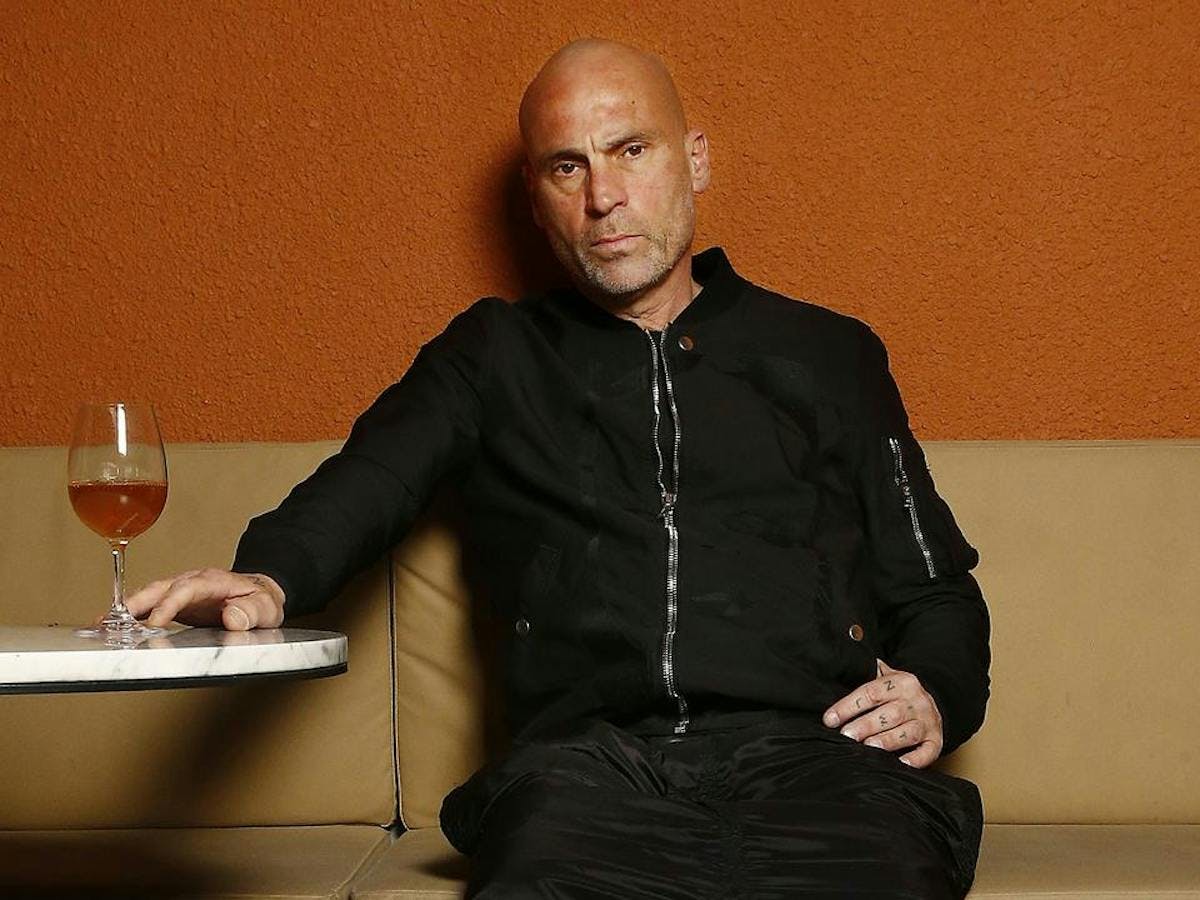
Maurice TERZINI
Sydney with an iconic Australian restaurateur
Maurice Terzini, the force behind Sydney's Caffé e Cucina and Icebergs Dining Room, is also successful in fashion and events.
Exceptional ALIEN curates travel, creativity & culture with a community of inspiring people from around the globe
Top Cities with Renowned Artists
See More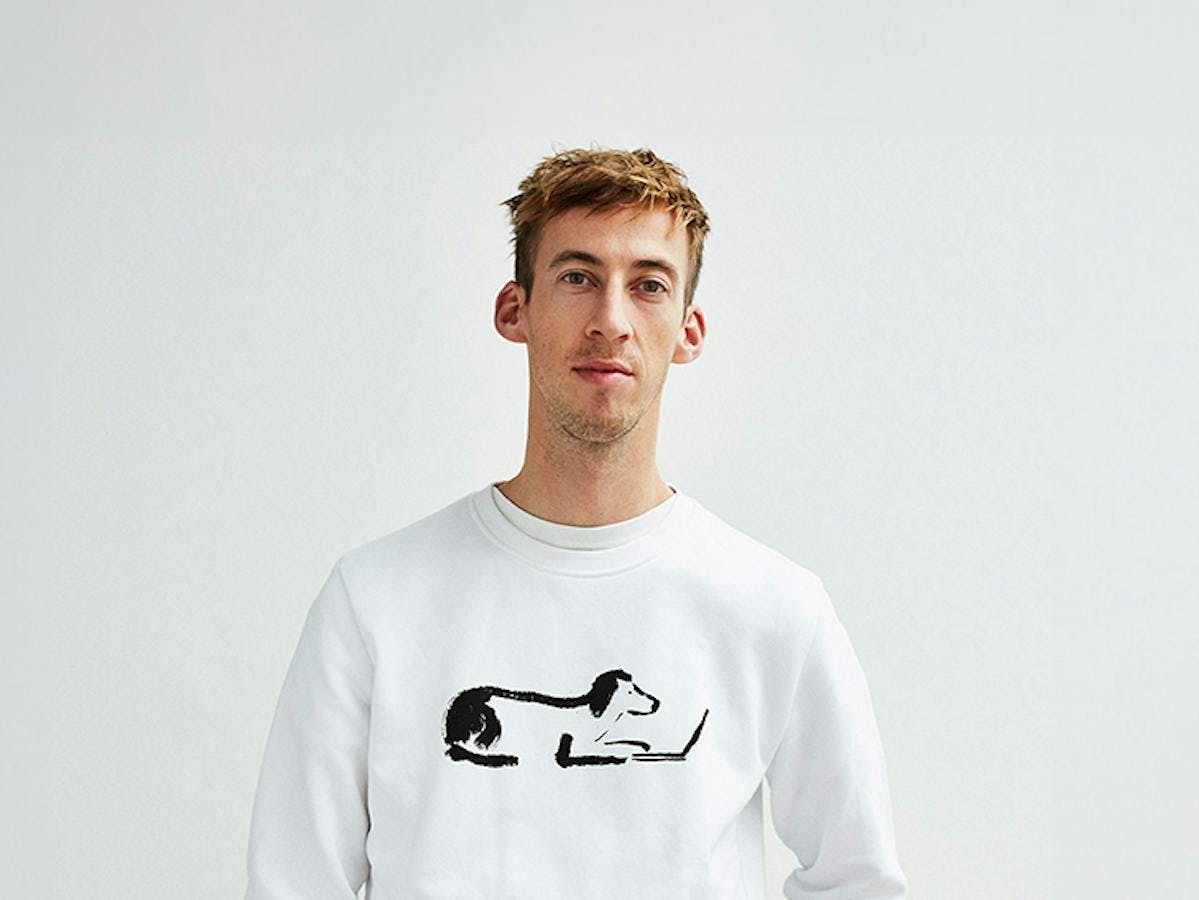
Jean JULLIEN
A famous artists walk through London
Prolific artist and graphic designer Jean Jullien has been featured everywhere from The New York Times to the National Geographic and Wall Street Journal.

Alex TROCHUT
New York with an iconic graphic designer
Award-winning graphic designer Alex Trochut has worked with Nike, Audi, Apple and The Rolling Stones, while also exhibiting and lecturing across the globe.
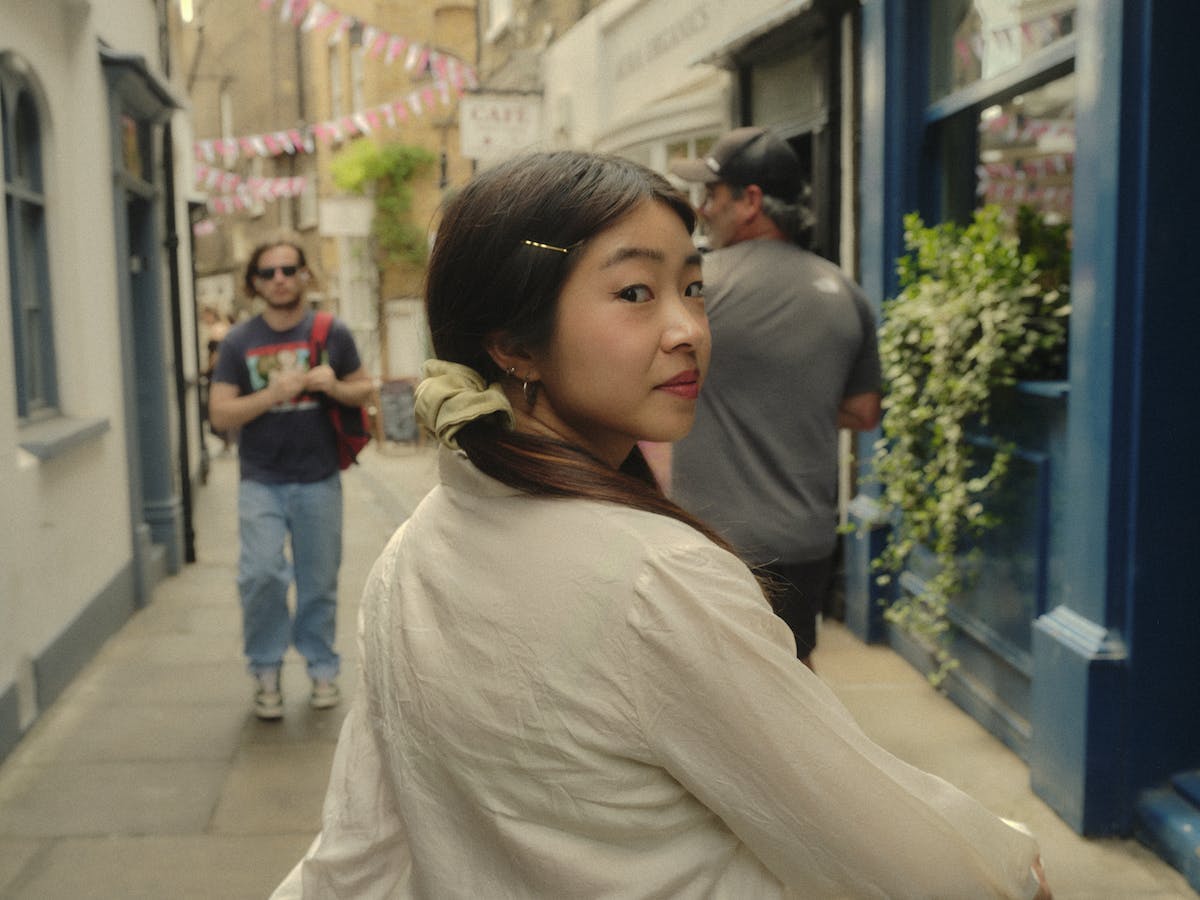
Joey YU
Colorful London gems with a vibrant creator
British artist and illustrator Joey Yu is a born-and-bred Londoner whose brightly coloured works are often an ode to her hometown.
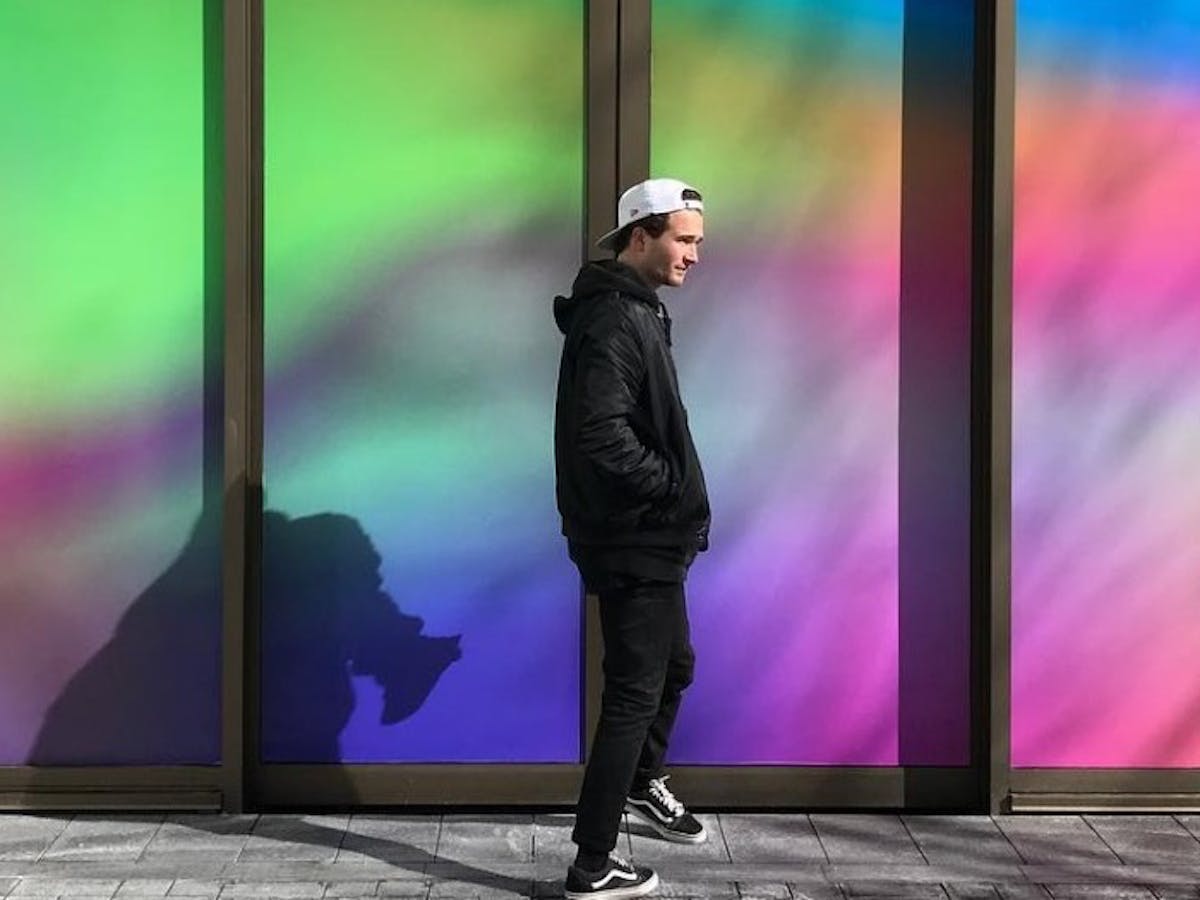
Nick THOMM
Los Angeles with Nick Thomm
The mind-bending and immersive work of visual artist Nick Thomm is continually making headlines and has been exhibited at major galleries worldwide.
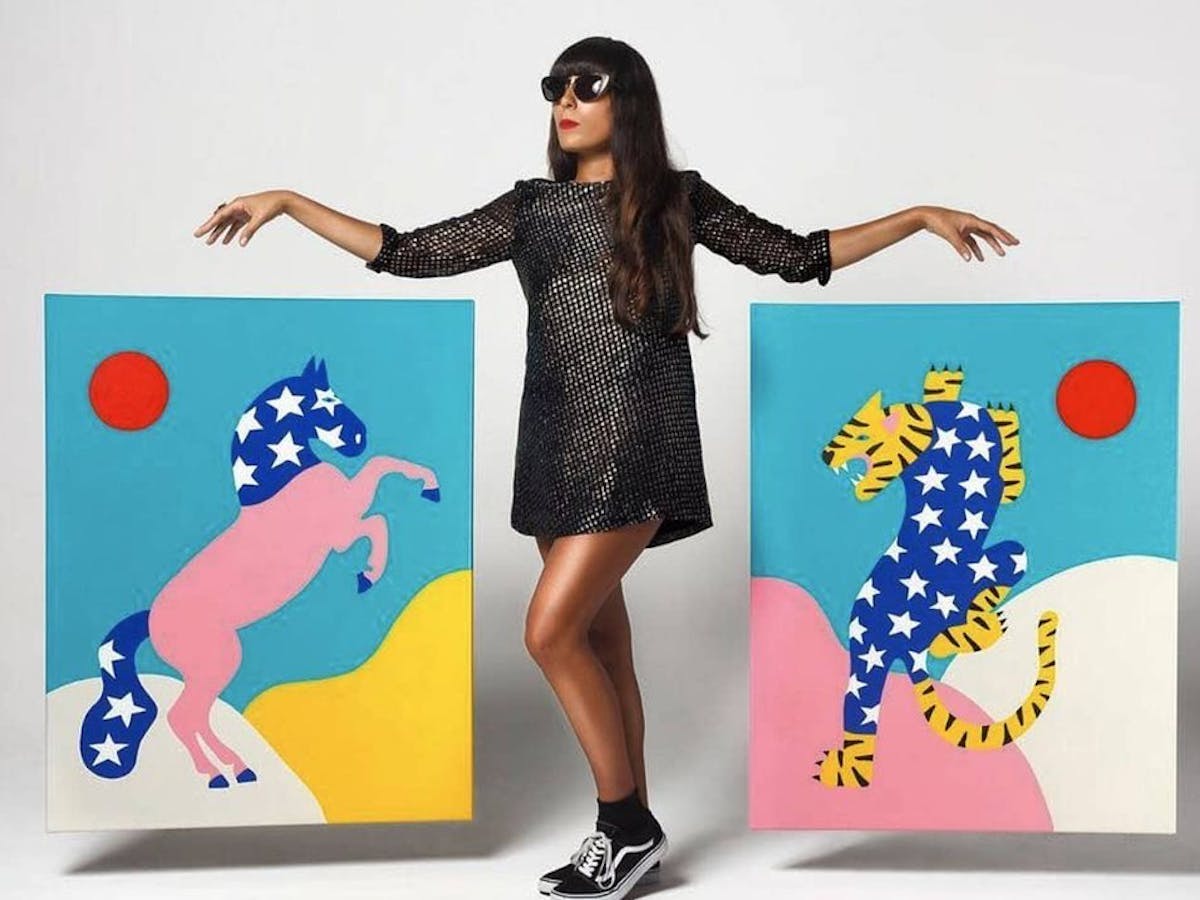
Michela PICCHI
Rome with Michela Picchi
Michela Picchi, the Rome-born artist in Berlin, is known for her bold, graphic style with a signature palette of six vibrant hues.
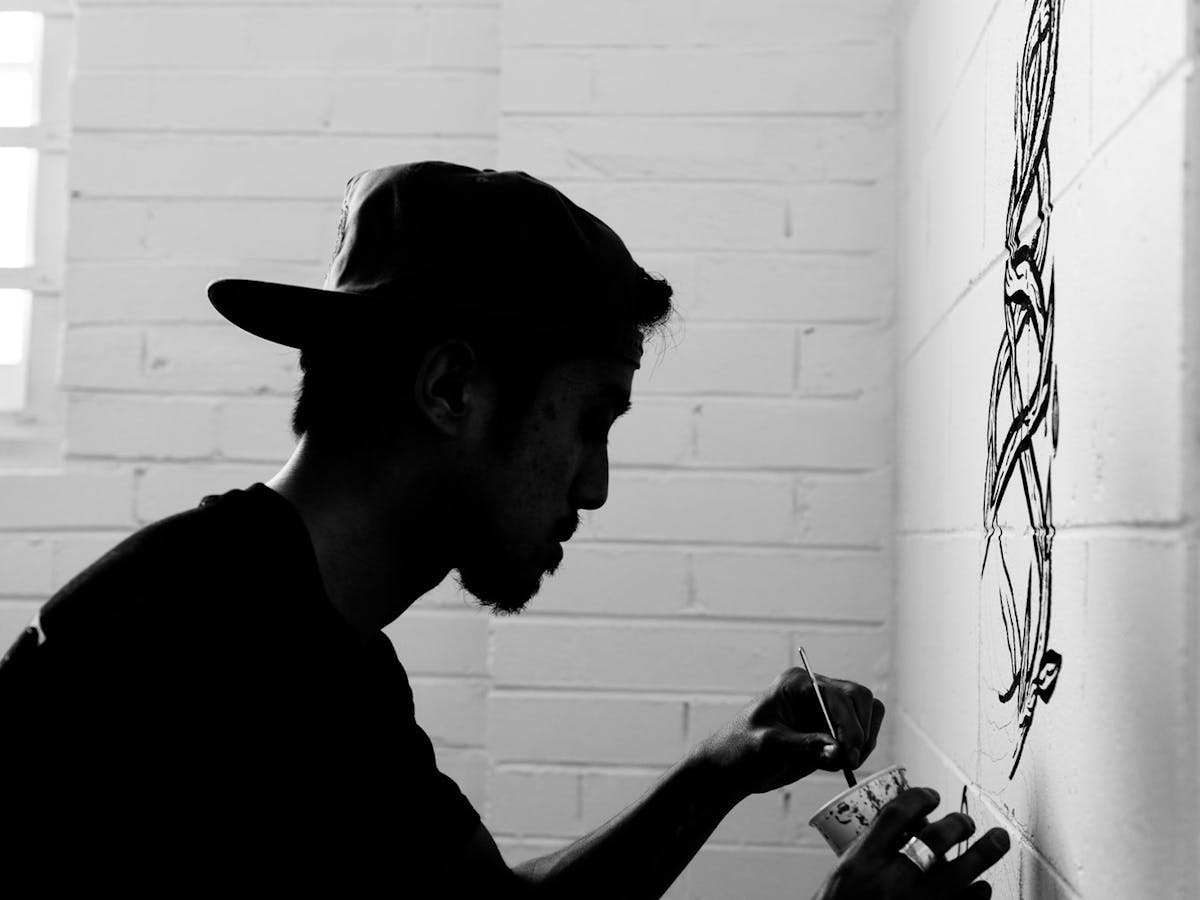
Kentaro YOSHIDA
An artists tour of the nothern beaches
Kentaro Yoshida moved to Sydney from Japan over a decade ago. A regularly exhibiting artist, his past collaborations include Converse, Billabong and Hurley.
Sydney with Exceptional Women
See More
Meg MAC
Uncover Sydney with an indie soul icon
Meg Mac is a staple of the Australian music scene. The Sydney-born indie-soul icon recently returned to her hometown.
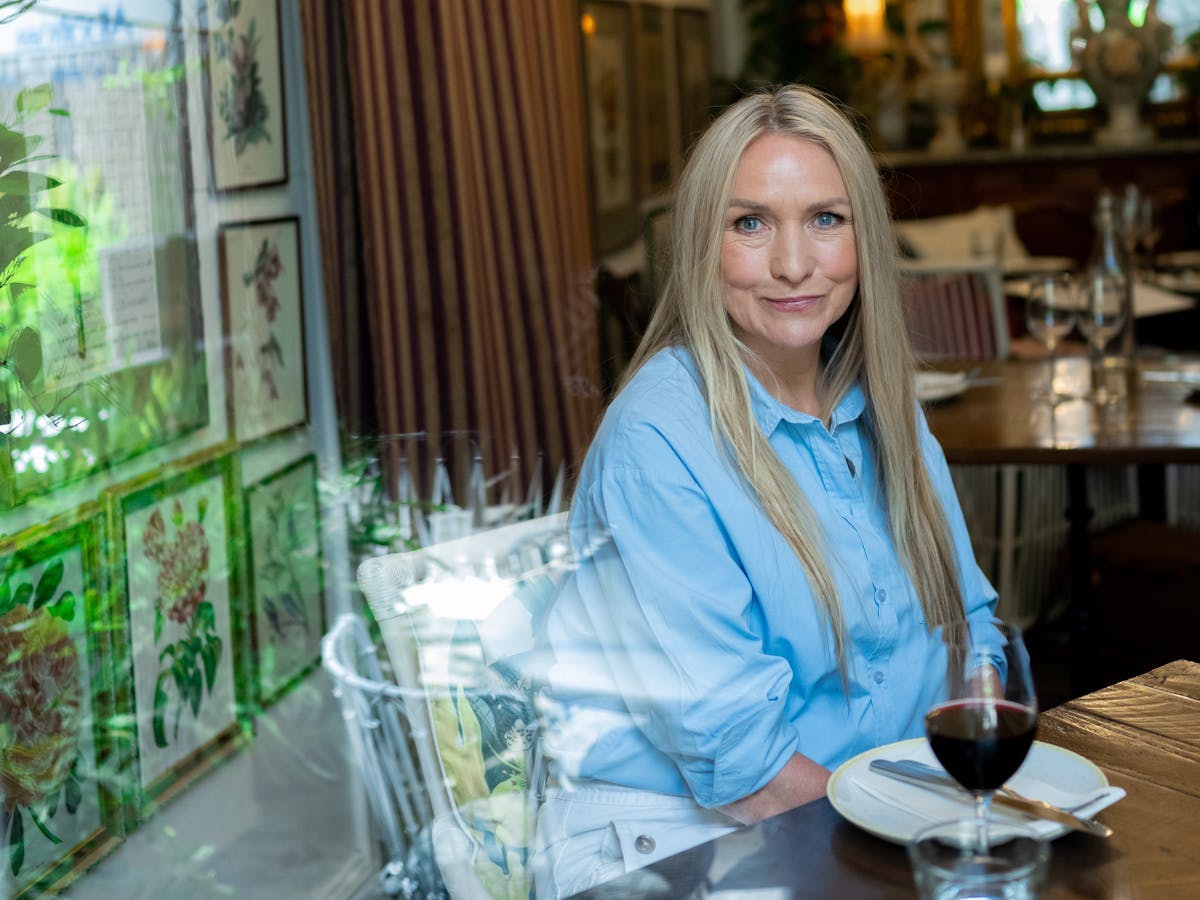
Collette DINNIGAN
A serene sanctuary just outside Sydney
Collette Dinnigan is best known as a pillar of the Australian fashion industry, having been awarded the Order of Australia for her designs.

Serwah ATTAFUAH
Jump into Western Sydney's creative vibe
Multidisciplinary artist Serwah Attafuah spends all her time in Western Sydney, where she is constantly surprised by the ever-evolving creativity in the area.
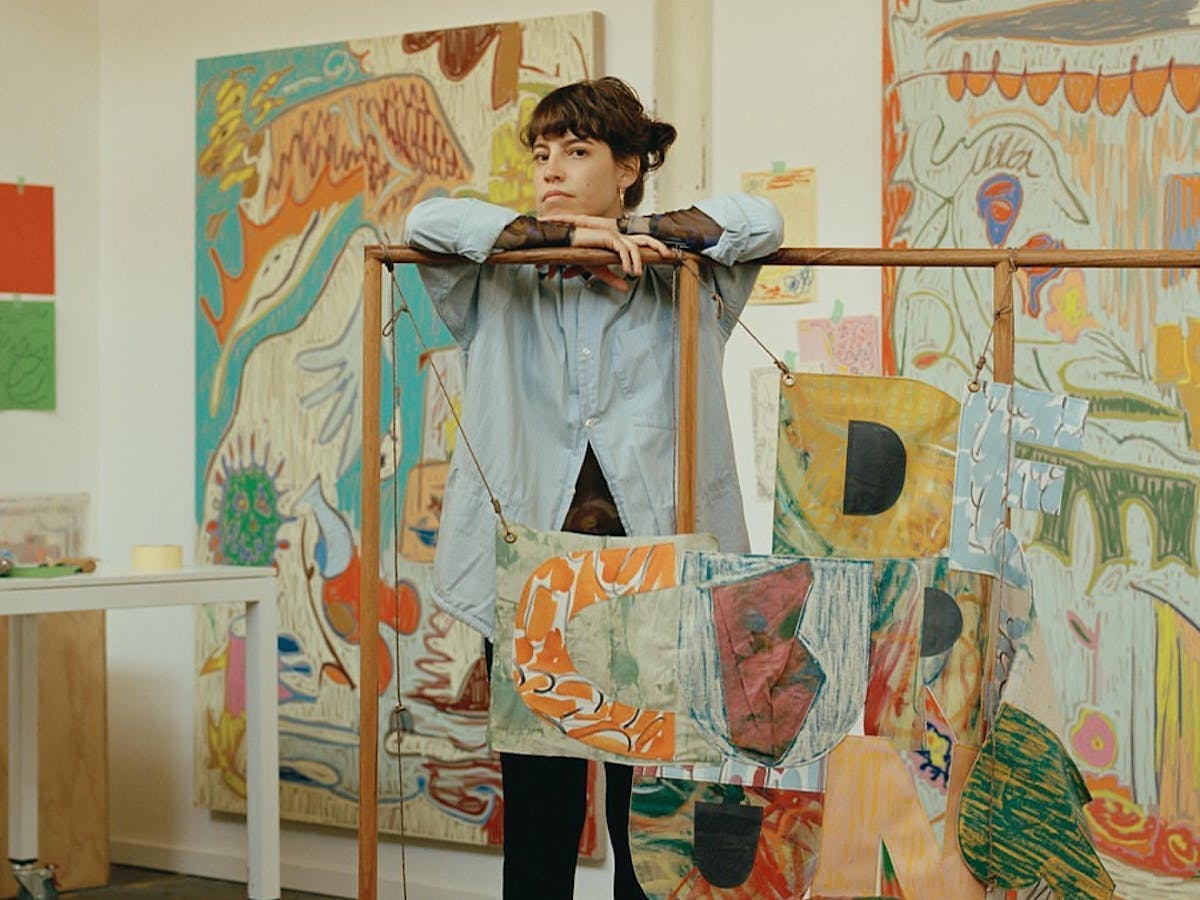
Nadia HERNÁNDEZ
An Artists cultural playbook
Venezuelan-born artist Nadia Hernández, now in Australia, discovered her passion with her first mural, shaping both her career and community.

Elfy SCOTT
Coastal vibes with a renowned journalist
Sydney-based award-winning journalist Elfy Scott is a media multi-tool.
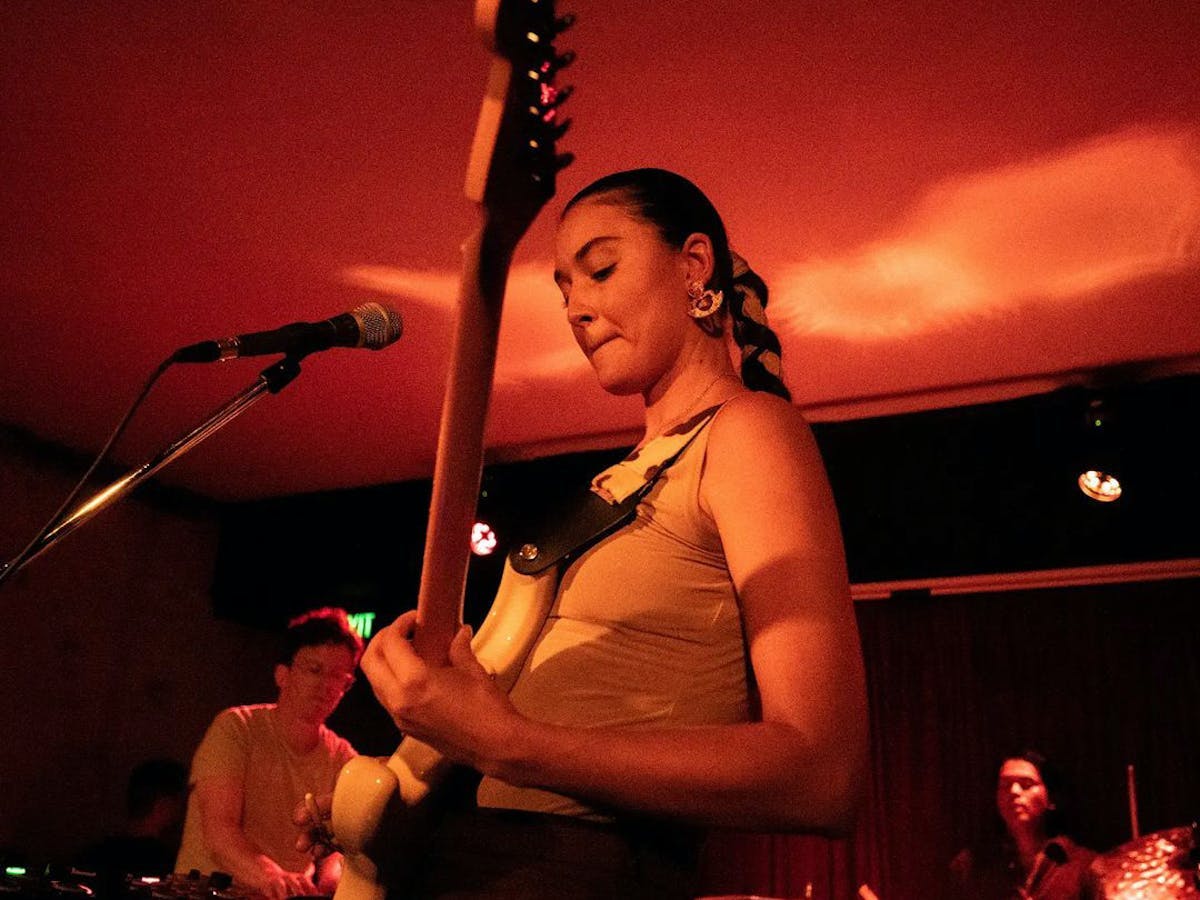
Milan RING
Hip coffees & eateries in Sydney's West
Sydney-based singer, guitarist and producer Milan Ring is one of Australia’s brightest young R&B talents.
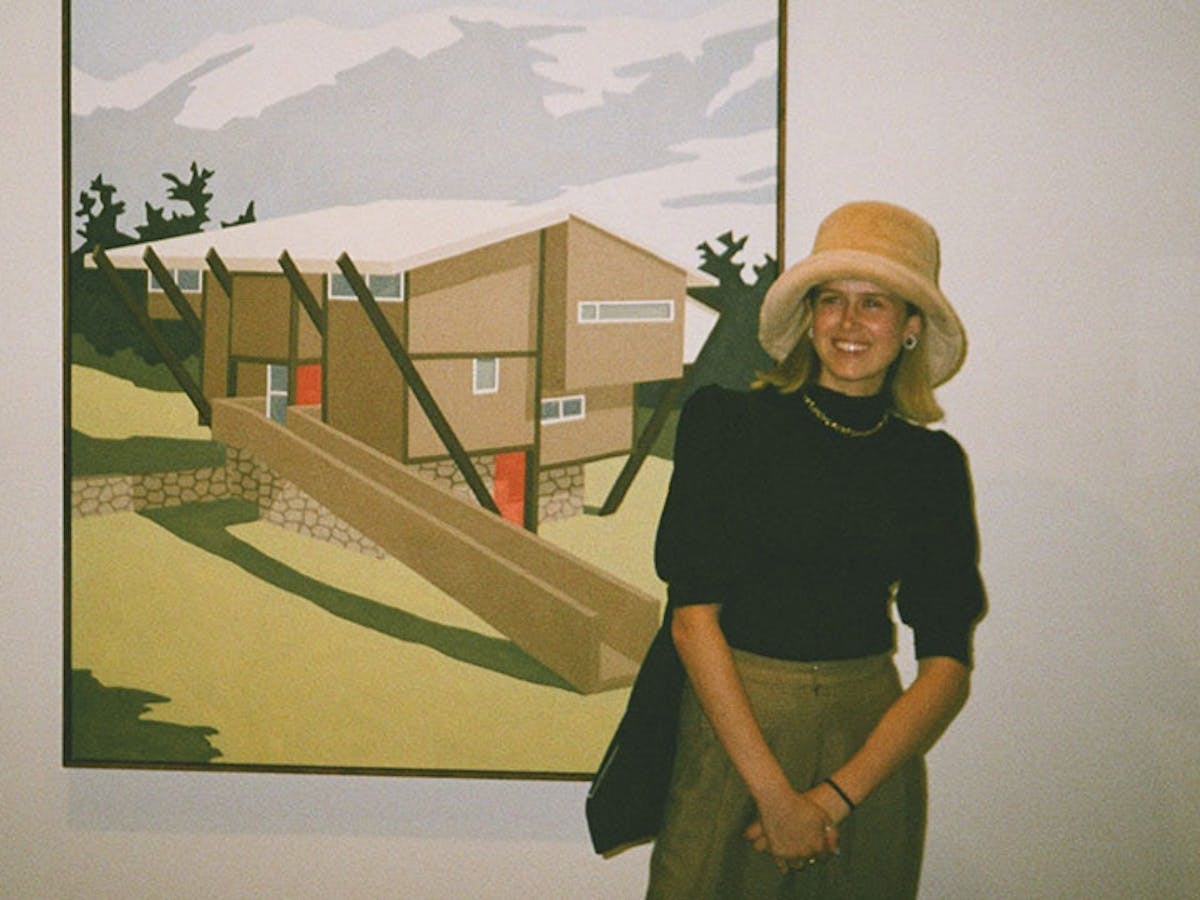
Eliza GOSSE
An awarded artist's tips for coastal eats
Award-winning artist Eliza Gosse creates paintings that depict mid-century modern design and Australian buildings.
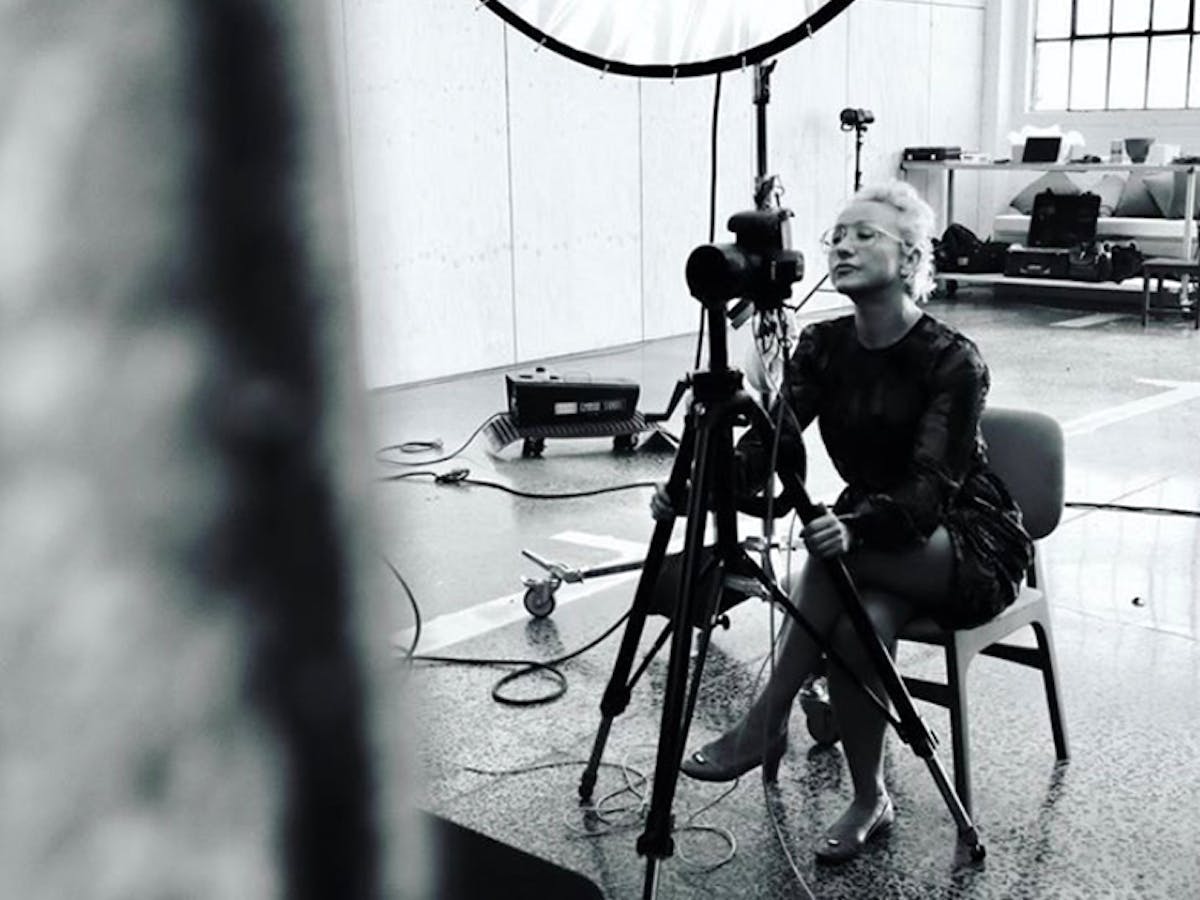
Alina GOZINA
An artists must know cultural experiences
Interdisciplinary artist Alina Gozin'a has a diverse artistic portfolio, including collaborations with HBO, Universal Music, Alicia Vikander and Emile Sherman.
Explore London 🇬🇧
See More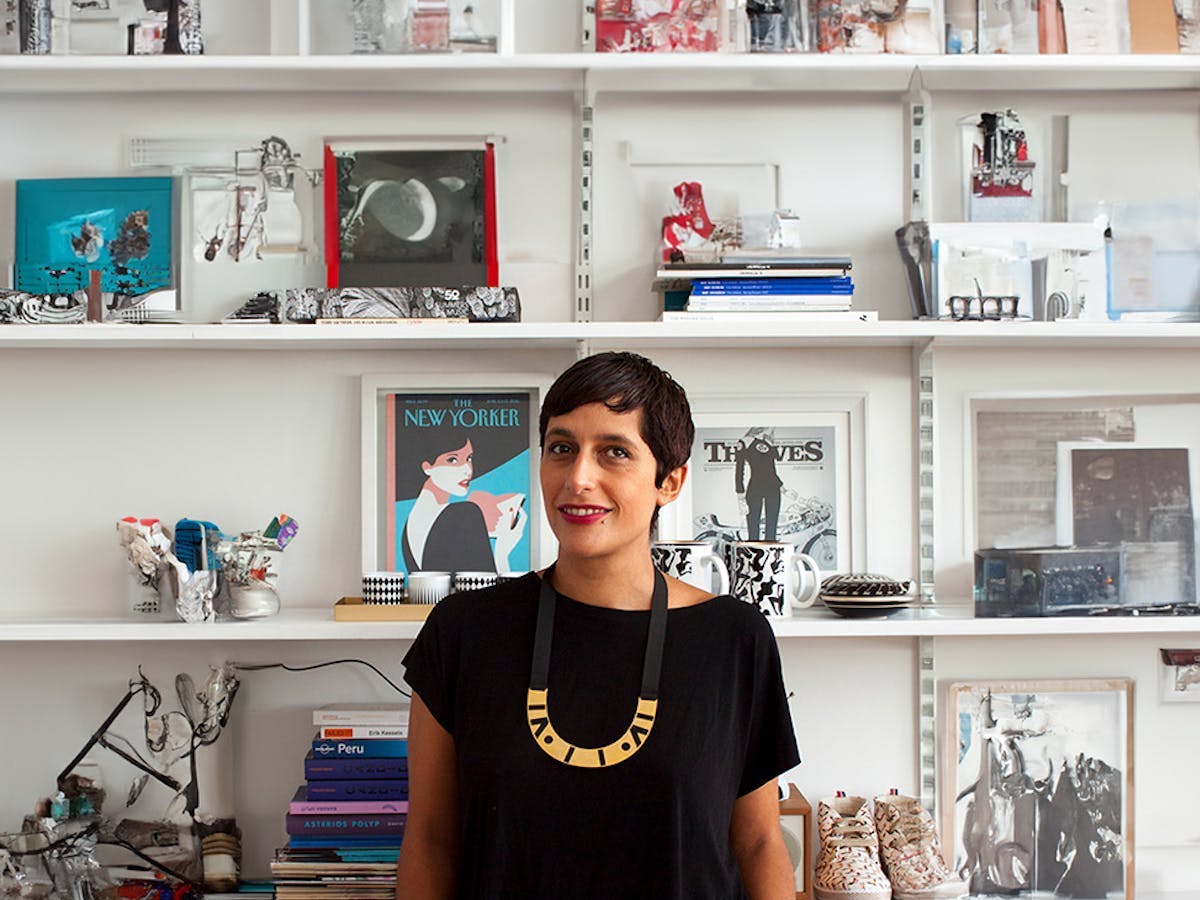
Malika FAVRE
Colorful gems with a colorful creative mind
Artist Malika Favre has designed covers for The New Yorker and Arab News, on topics such as women in tech and the end of Saudi Arabia's ban on female drivers.
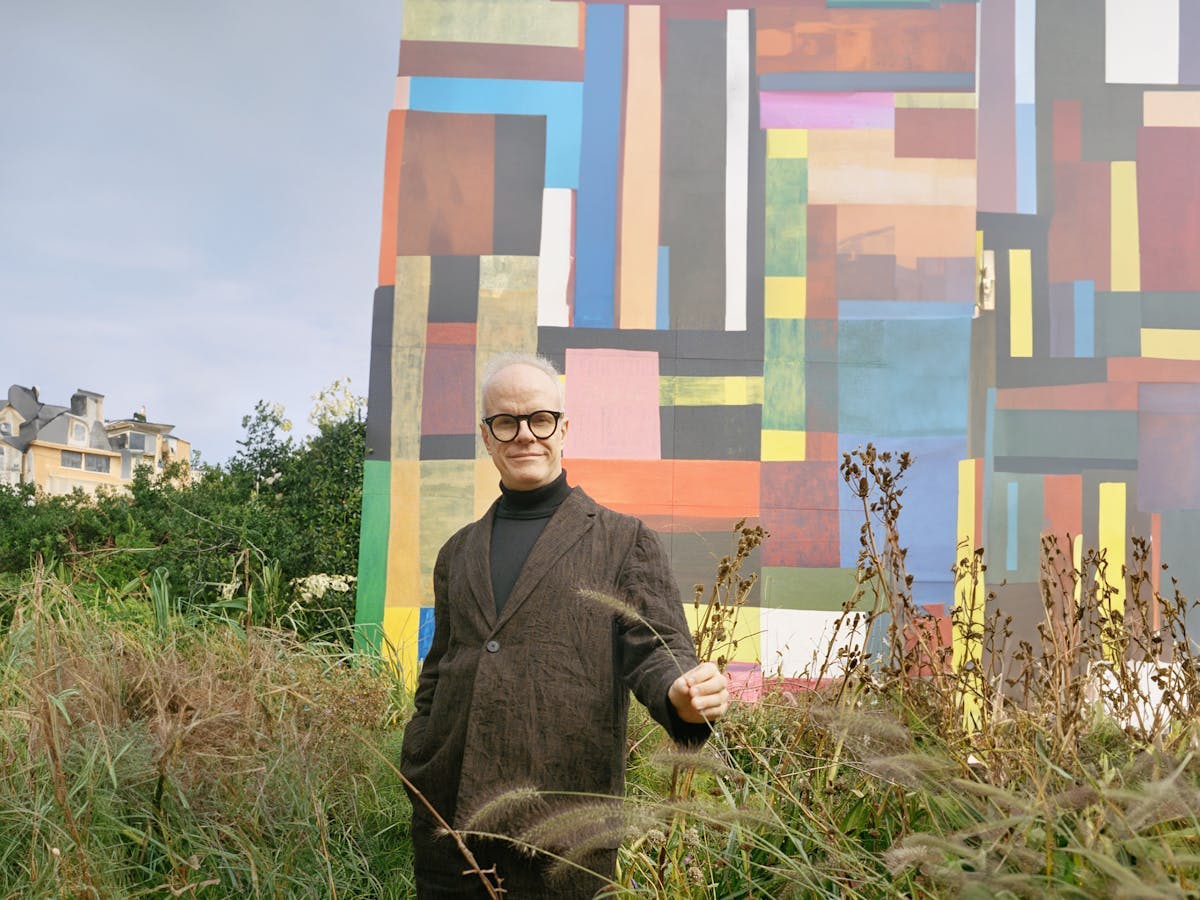
Hans Ulrich OBRIST
London creativity with a London creative icon
Twice named the most powerful person in art by Art Review, Hans Ulrich Obrist is the Artistic Director of the Serpentine Contemporary Art Gallery in London.
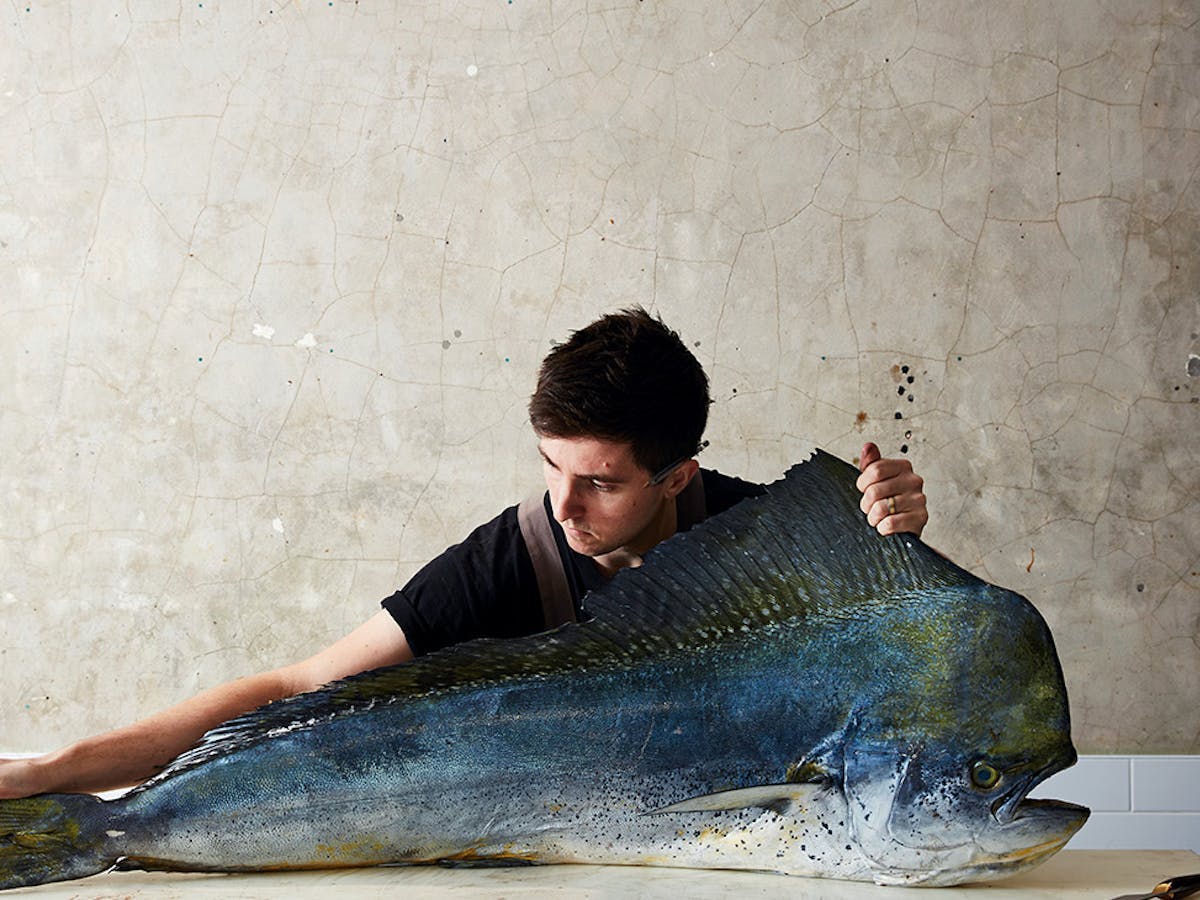
Josh NILAND
An awarded chefs favorite pubs & eateries
Sydney-based chef and restaurateur Josh Niland cooked in restaurants across Europe before returning to Australia to reimagine the country's approach to fish.
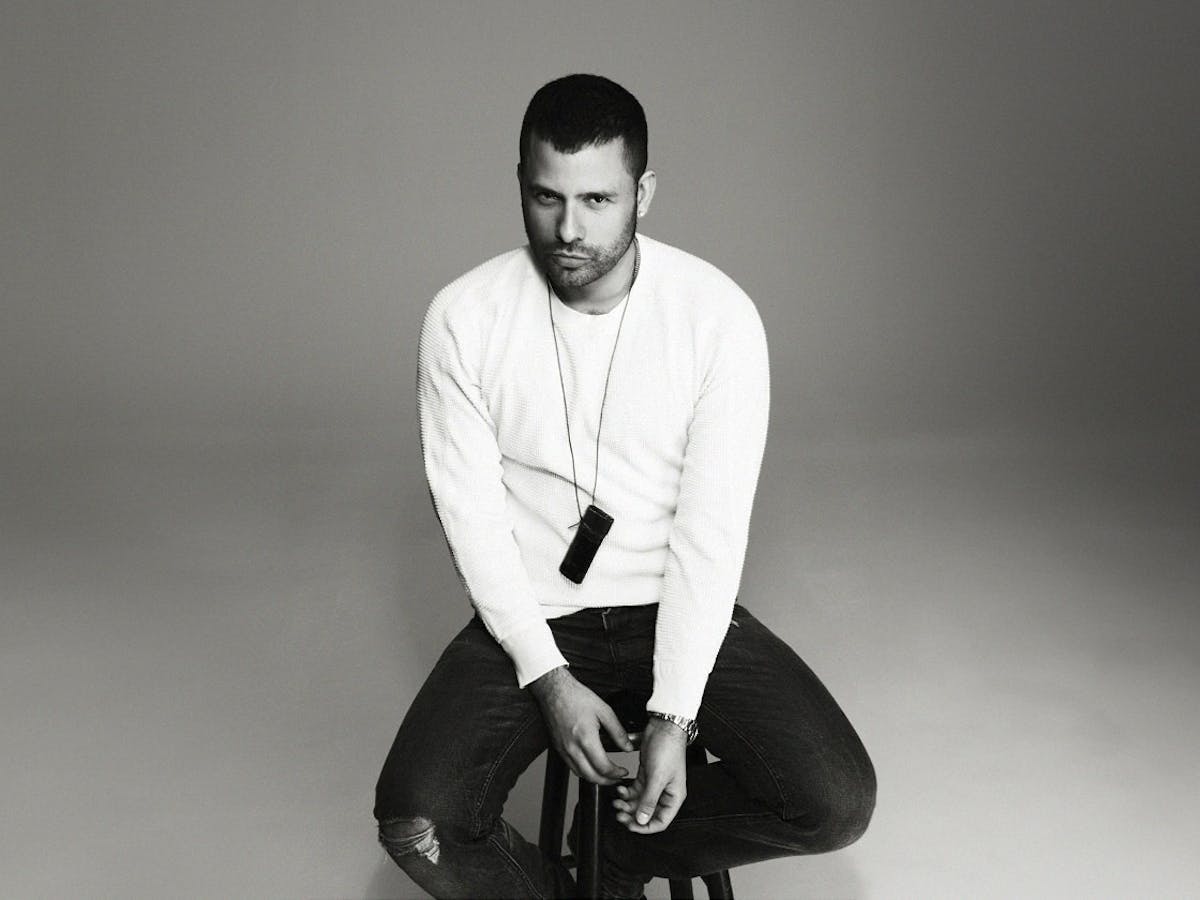
Mariano VIVANCO
London afternoons with a fashion industry icon
A world-respected fashion photographer, Mariano Vivanco has worked with Rihanna, Naomi Campbell, and Versace, and has been featured in Vogue and Vanity Fair.
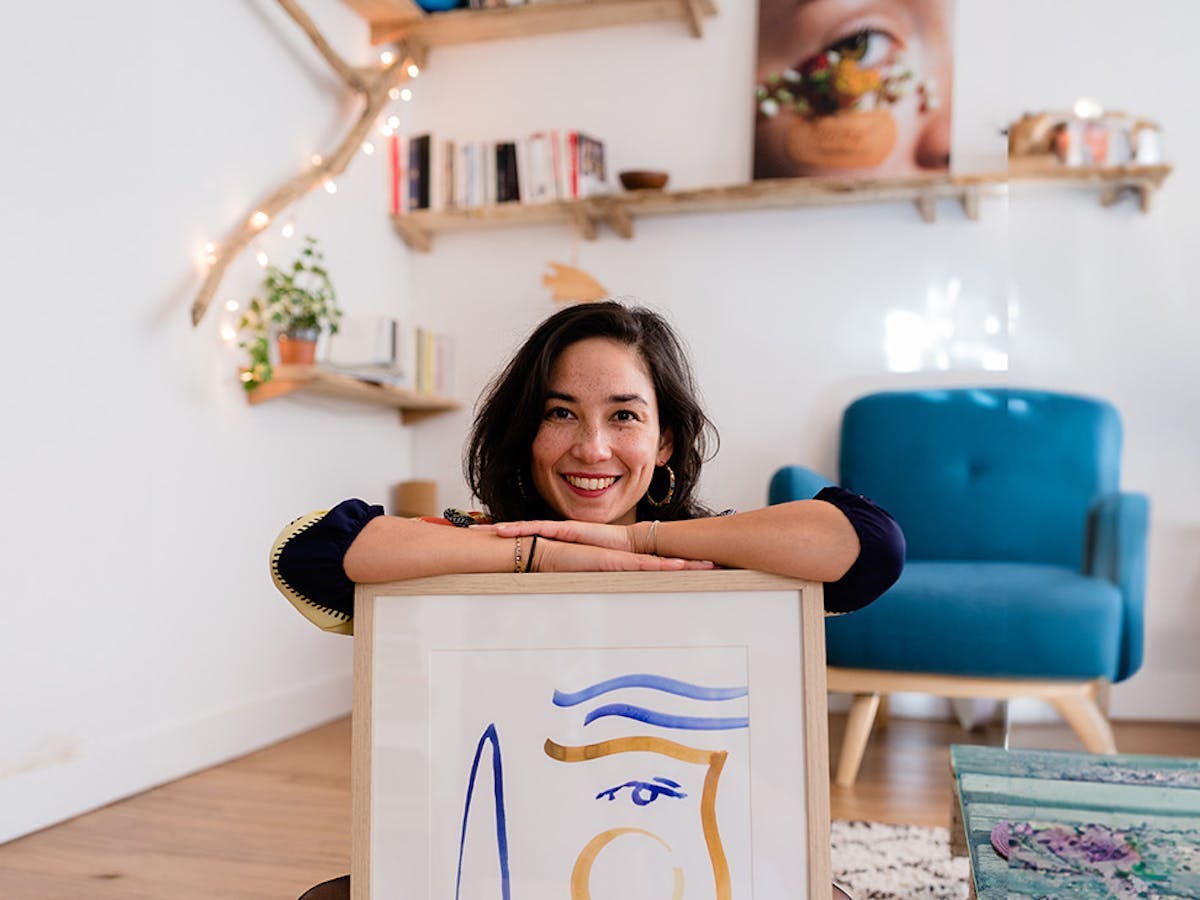
Marine TANGUY
An art entrepreneur's beloved cultural venues
As the founder of MTArt Agency, Marine Tanguy has been awarded the Forbes 30 Under 30 and partnered with brands such as Nike and Chloé.
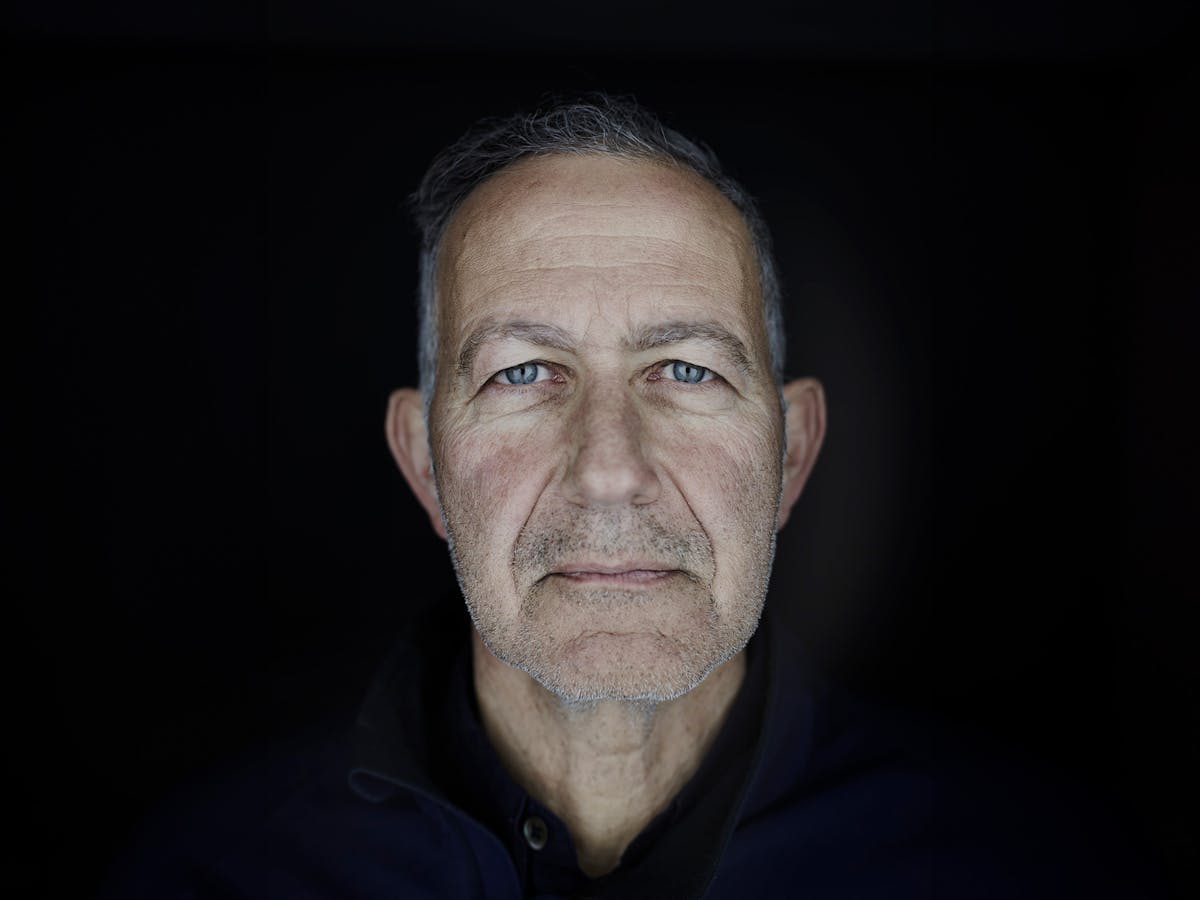
Nadav KANDER
London with a world famous photographer
Nadav Kander has spent 50 years photographing cultural icons including Barack Obama and Sophia Loren, as well as remarkable landscapes from Chernobyl to China.
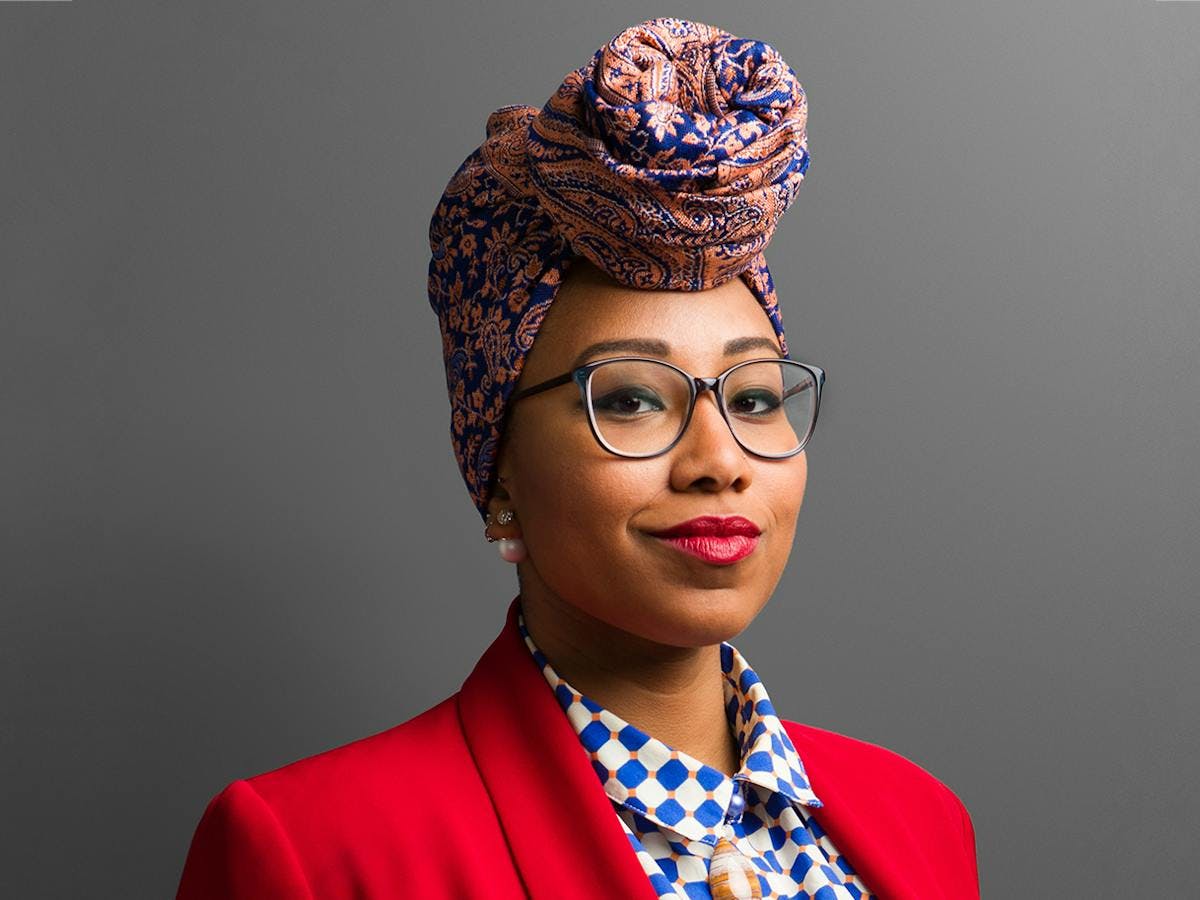
Yassmin ABDEL-MAGIED
Diverse eateries & vibrant area codes
Sudanese-Australian Yassmin Abdel-Magied is a writer, media presenter and award-winning social advocate.

Anita CHHIBA
The hottest haunts from day to night
Through Diet Paratha, Founder Anita Chhiba is opening the world to a dynamic new generation of South Asian creatives.
Discover Tokyo 🍜
See More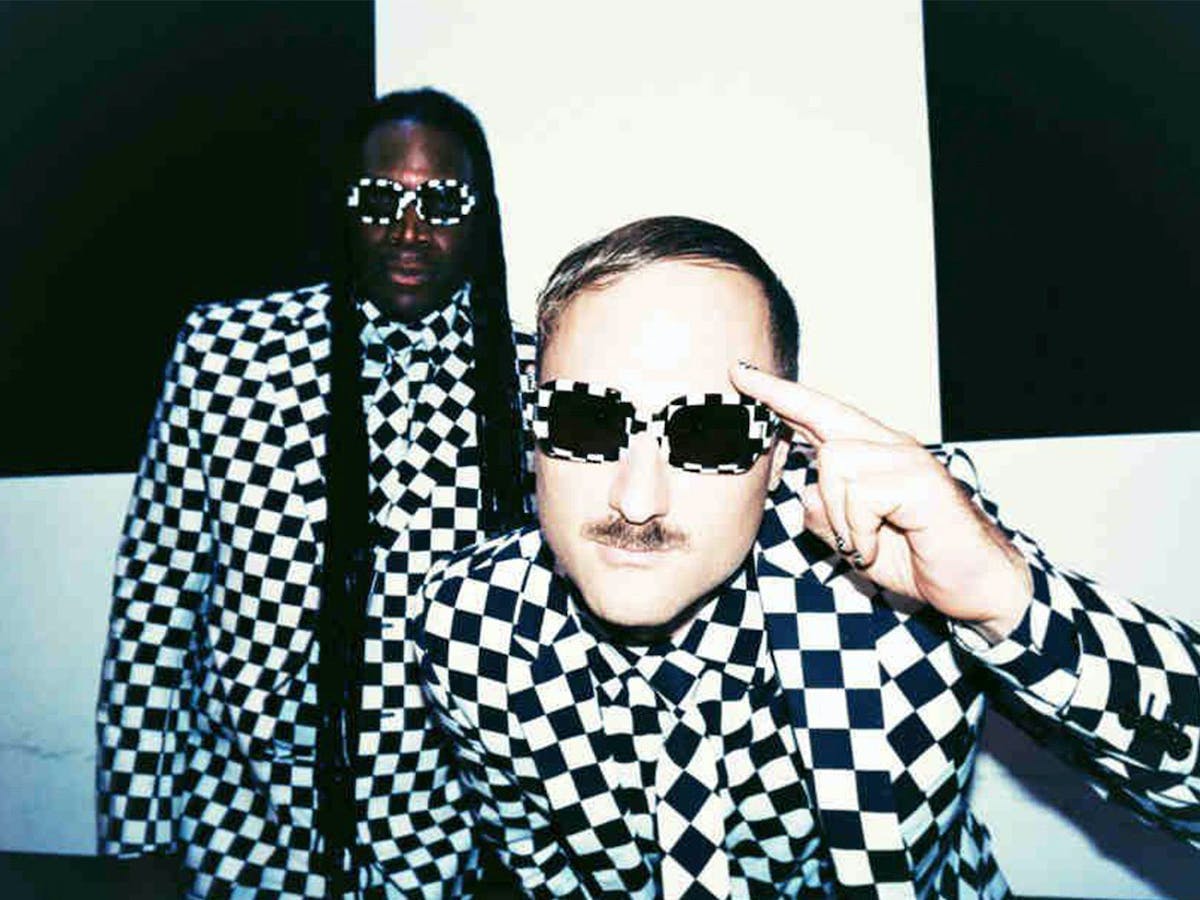
Sam I
Tokyo with Sam i
Working under his creative pseudonym Sam i, Sam Spiegel is a music producer, director, DJ and collaborative force based in LA.
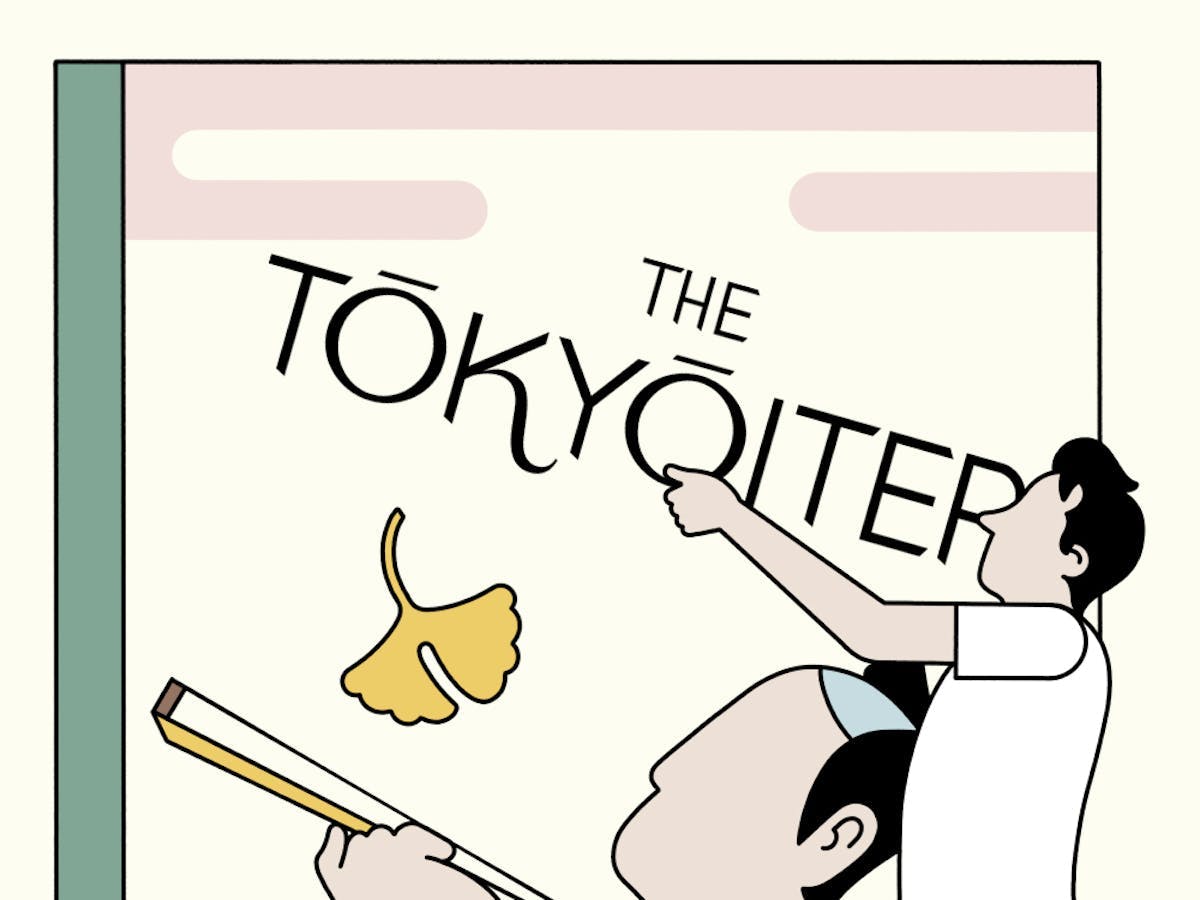
David ROBERT & Andrew JOYCE
Tokyo with David Robert & Andrew Joyce
UK–born Andrew Joyce and French native David Robert are the co-founders of The Tōkyōiter — a platform that celebrates Tokyo through the lens of global artists.
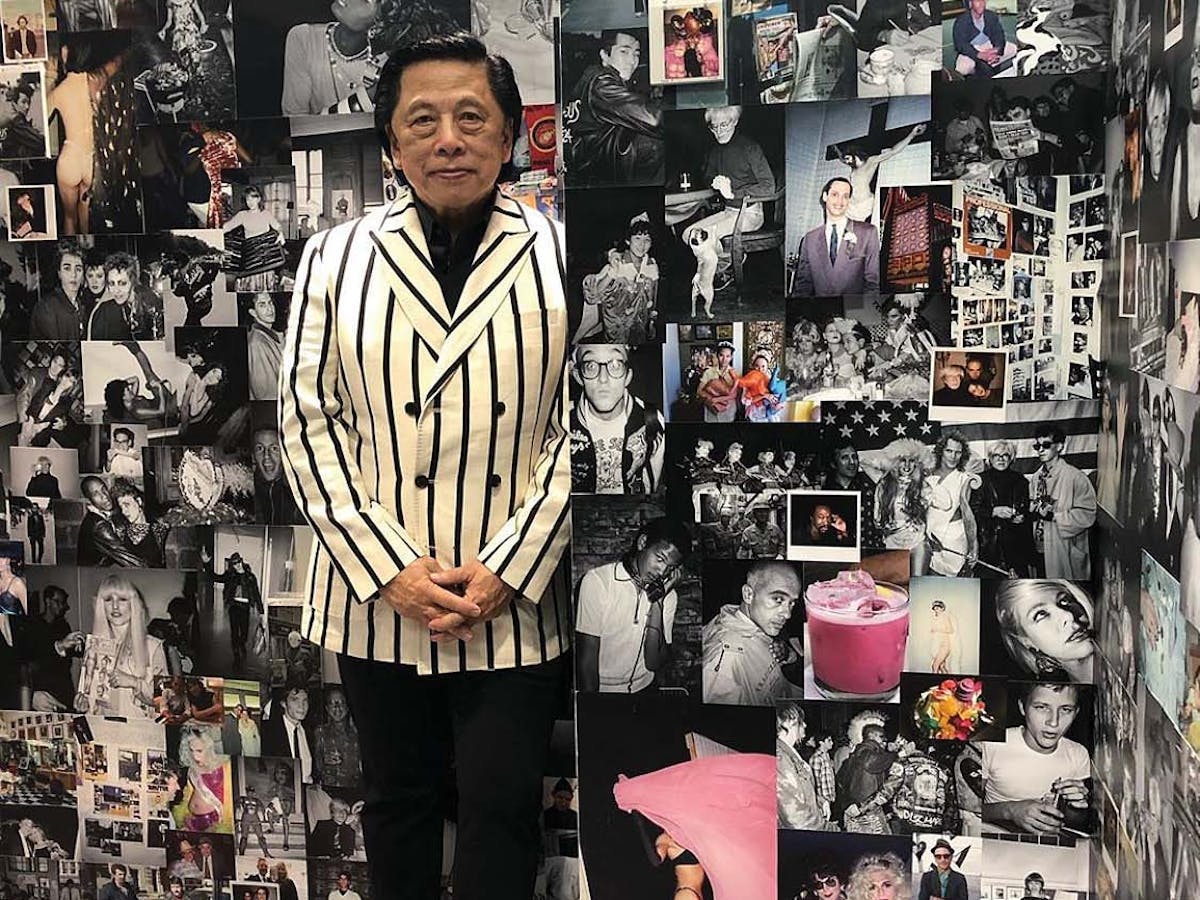
John C. JAY
Tokyo with John C. Jay
Based between New York, Portland and Tokyo, President of Global Creative for UNIQLO John C Jay has an immense global outlook.
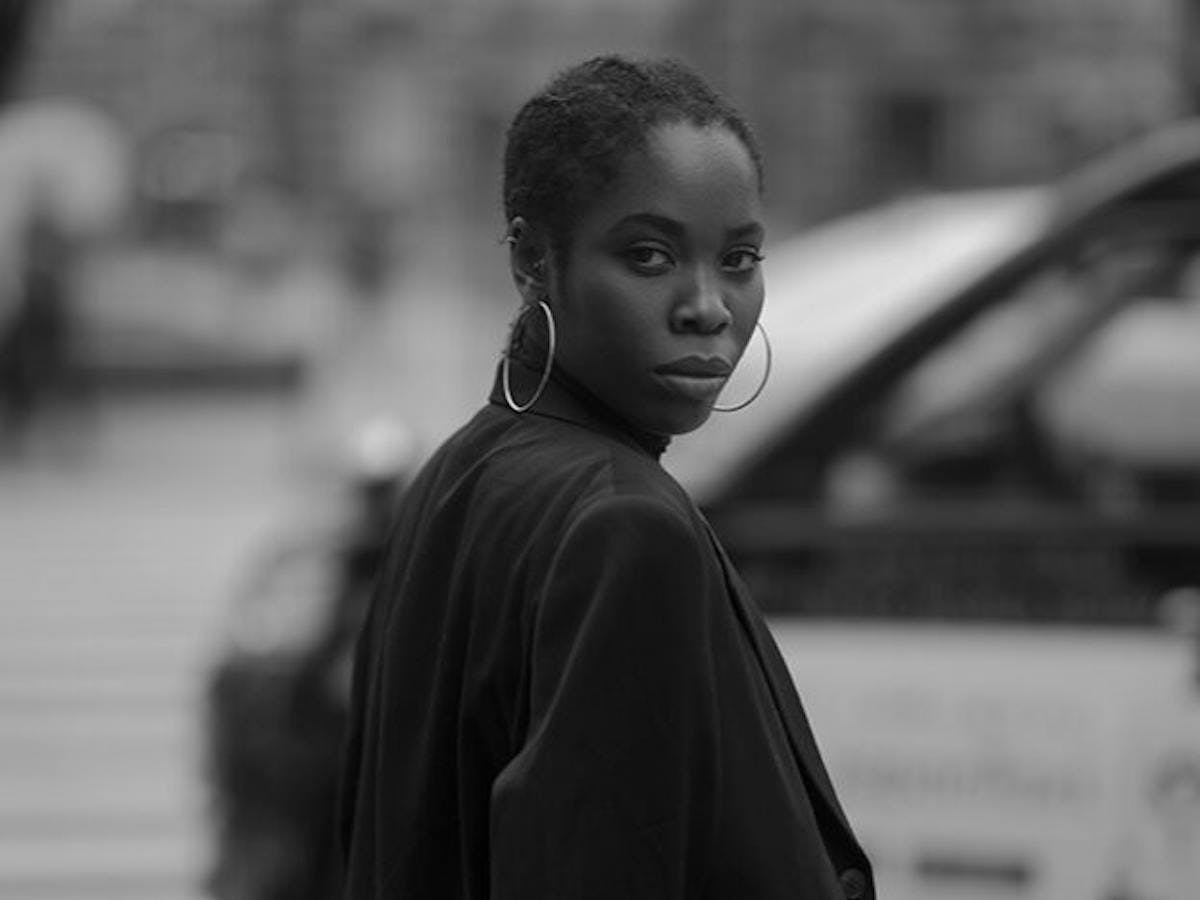
Serah ALABI
Tokyo with Serah Alabi
German-Nigerian photographer Serah Alabi moved to Tokyo to capture the female experience. While there, she also shone a light on black female voices in Japan.
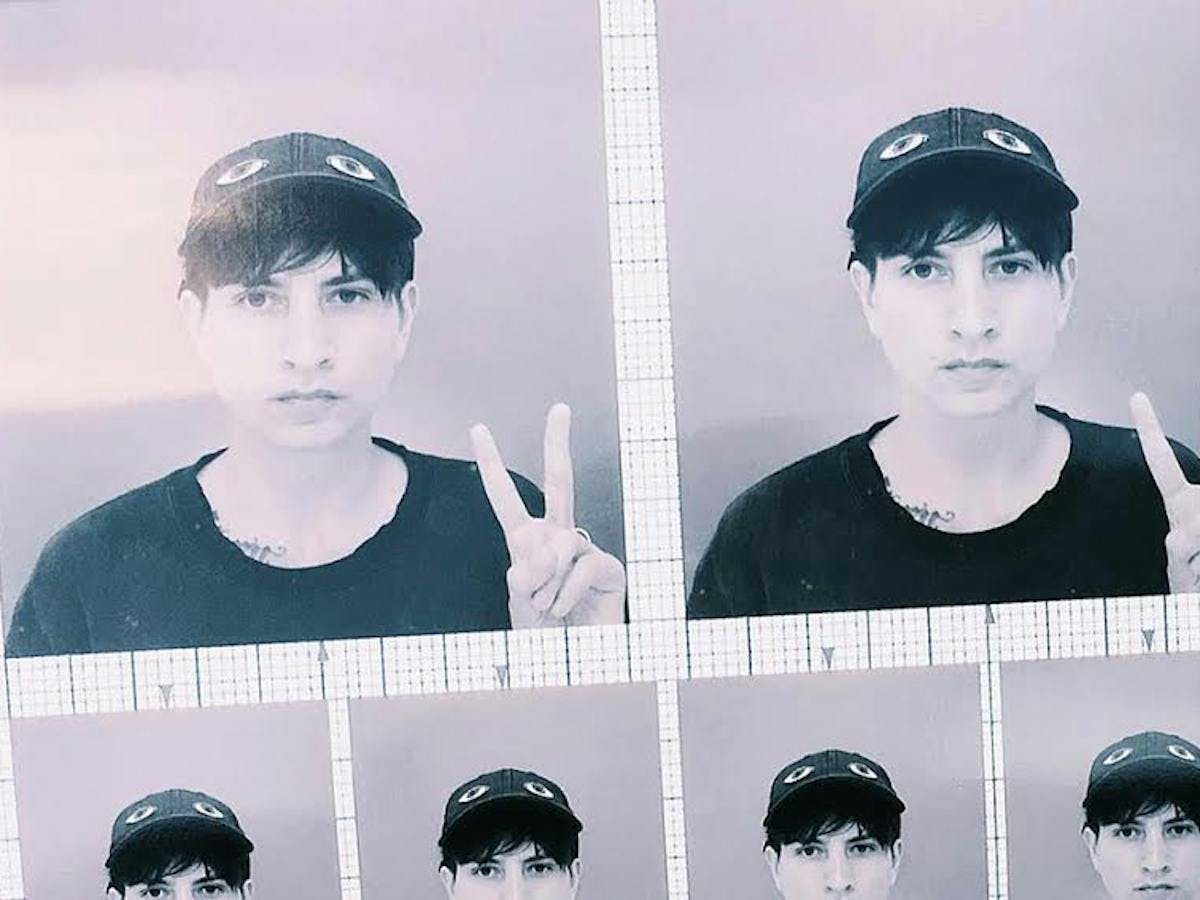
Azsa WEST
Tokyo with Azsa West
As the Creative Director for Nike at Wieden+Kennedy in Japan, Azsa West is endlessly enchanted by the city.
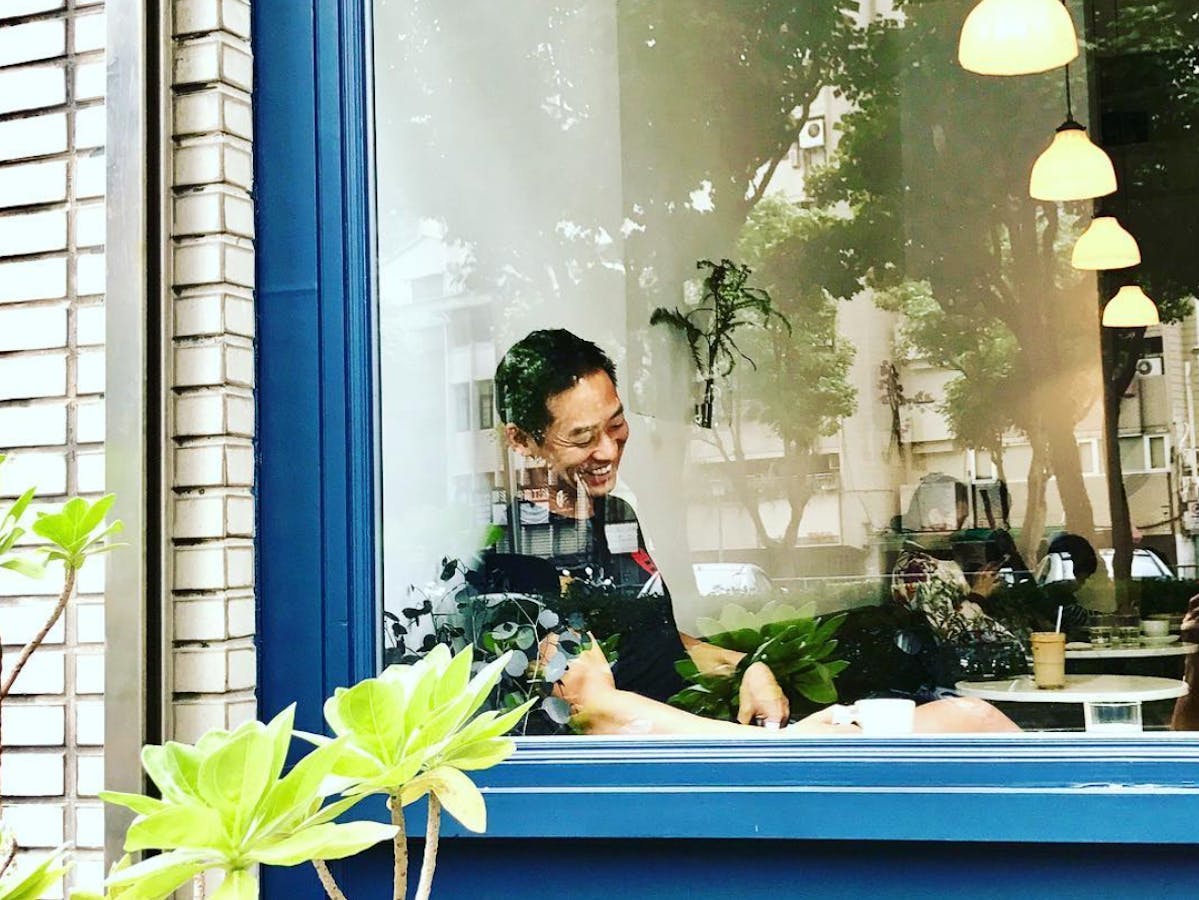
Michael PENG
Tokyo with Michael Peng
Formerly a Co-Founder, Partner and Managing Director at IDEO in Tokyo, Michael Peng is now Chief Creative Officer at Moon Creative Lab.





